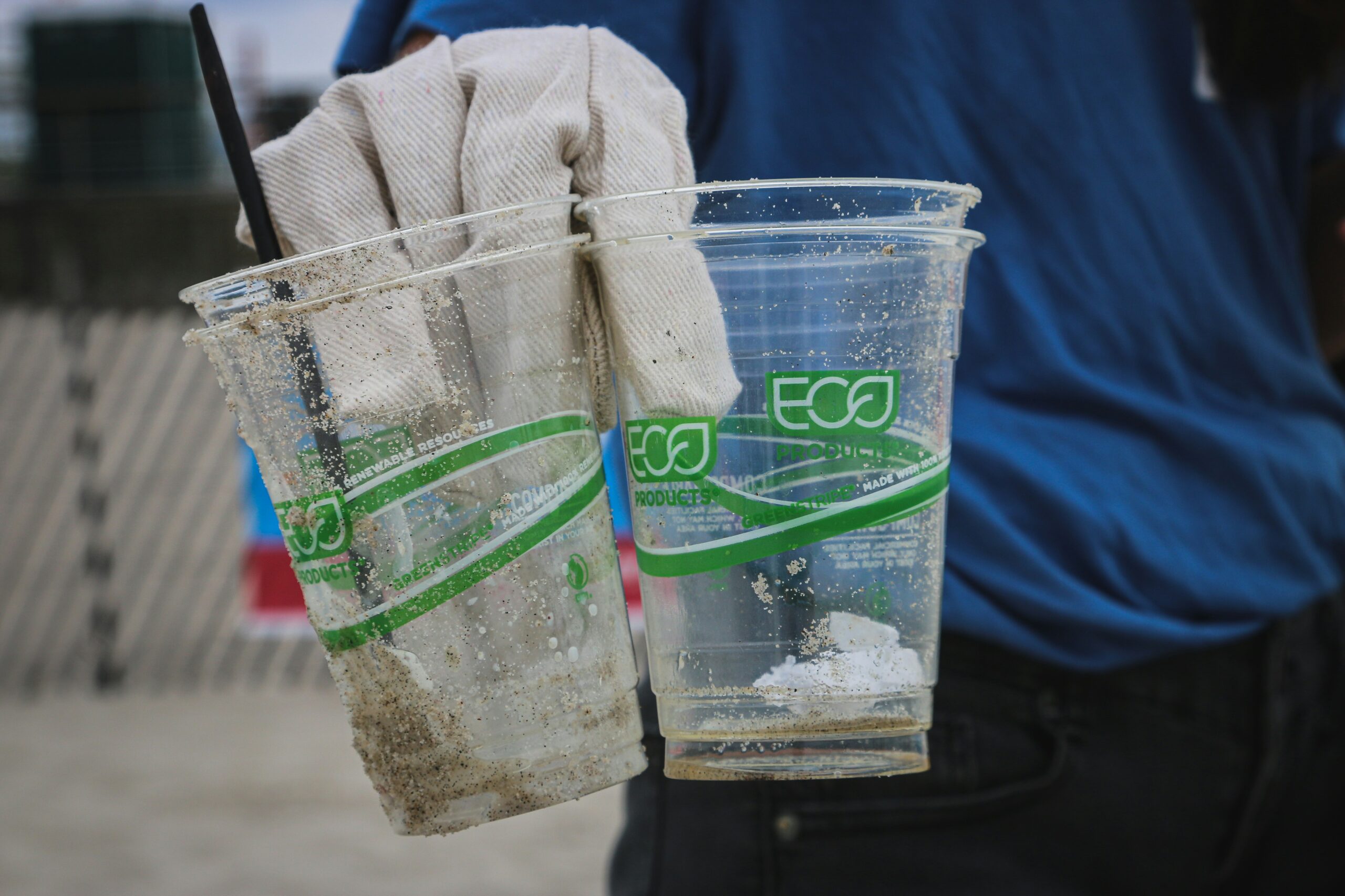In today’s marketplace, where sustainability has become a buzzword, distinguishing genuine eco-conscious brands from those engaging in greenwashing practices can be a daunting task. While many brands initially set out with noble intentions and ethical standards, the harsh realities of competition and rising costs often lead to compromises, blurring the lines between authenticity and deception.
The Allure of Greenwashing
Greenwashing, the deceptive practice of presenting a misleadingly green image or eco-friendly claims, has become a prevalent tactic among brands seeking to capitalize on the growing demand for sustainable products. From misleading labels to exaggerated marketing campaigns, greenwashing tactics are designed to appeal to environmentally conscious consumers while masking underlying practices that may be detrimental to the planet.
The Pitfalls of Profitability
Despite the genuine desire of many brands to make a positive impact, the harsh realities of running a business often present significant challenges. The pursuit of profitability in a competitive market can lead to compromises in ethical standards, as brands face pressures to reduce costs and maximize margins. In the face of soaring raw material prices for sustainably produced ingredients, some brands may succumb to the temptation of cheaper, less environmentally friendly alternatives, jeopardizing their commitment to sustainability.
Transparency as the Antidote
Amidst the sea of greenwashing, transparency emerges as a beacon of authenticity. Brands that are truly committed to sustainability understand the importance of openness and honesty in their practices. By providing consumers with clear and accurate information about their sourcing, production processes, and environmental impact, these brands empower consumers to make informed choices and hold them accountable for their actions.
The Role of Consumer Awareness
As consumers become increasingly savvy and discerning, the power to combat greenwashing lies in their hands. By educating themselves about sustainable practices, scrutinizing labels and claims, and supporting brands that demonstrate genuine commitment to sustainability, consumers can drive positive change in the marketplace. Through collective action and demand for transparency, consumers can hold brands accountable and incentivize ethical practices.
A Call to Action
In the face of rampant greenwashing, it is imperative for brands to uphold their ethical standards and remain true to their sustainability commitments. While the challenges of competition and cost pressures may be daunting, the long-term benefits of authenticity and consumer trust far outweigh the short-term gains of deceptive practices. By prioritizing transparency, integrity, and genuine sustainability, brands can not only earn the loyalty of conscientious consumers but also contribute to a healthier planet for future generations.
In conclusion, the journey towards true sustainability is fraught with challenges, but it is a path that must be navigated with unwavering integrity and commitment. As consumers, let us remain vigilant in our quest for transparency and hold brands accountable for their actions. Together, we can unravel the complexities of greenwashing and pave the way for a more sustainable and transparent future.
